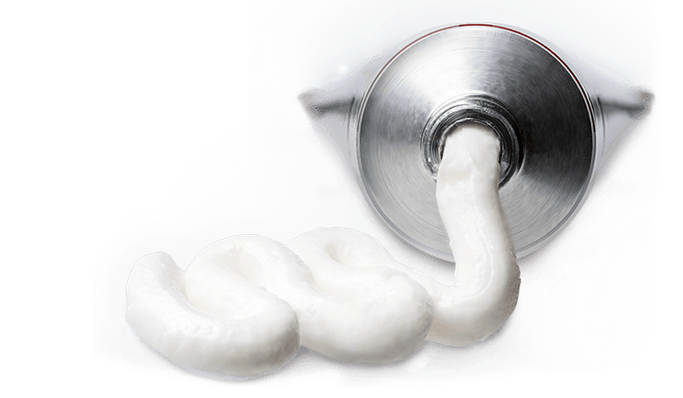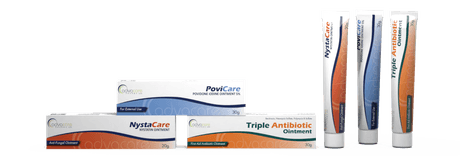What is the meaning of Medical Ointments?
Medical ointments are semi-solid substances applied externally to the skin for various therapeutic purposes. Ointments have a range of pharmacological uses, such as antibacterial, antifungal, antibiotic, steroidal, antihistamine, or others, and are used to treat dermatological conditions or provide localized treatment.
Pharmaceutical ointments are often preferred in certain situations due to their unique characteristics. Their semi-solid consistency allows for better occlusion and prolonged contact with the skin, promoting enhanced absorption of the active ingredients. This makes ointments suitable for conditions that require a protective or hydrating barrier, such as dry skin, eczema, or wound healing.
Antibacterial ointments help prevent or treat bacterial infections on the skin's surface. Antifungal ointments are effective against fungal issues, targeting the underlying cause of conditions like athlete's foot or ringworm. Antibiotic ointments are used to prevent infection in wounds or minor cuts by inhibiting the growth of bacteria. Steroidal ointments, containing corticosteroids, are valuable for managing inflammation and itching associated with skin disorders like eczema or allergic reactions. Antihistamine ointments work by blocking histamine receptors, providing relief from itching and reducing allergic reactions.
Ointments are typically meant for external use and should not be ingested or applied to open wounds without medical guidance.


